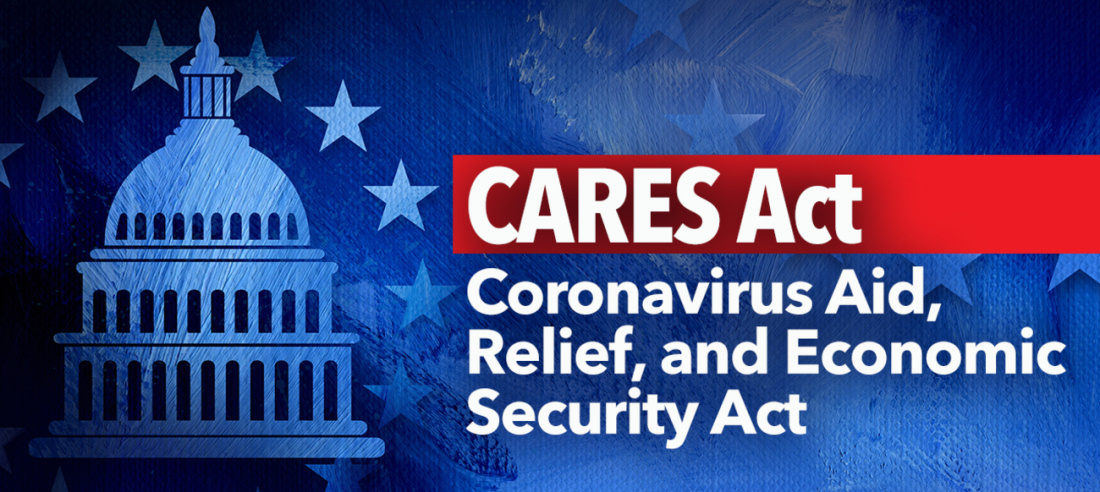- About
- /
- Services
- /
- Resources
- /
- Client Portal
- /
- Contact

A refundable payroll tax credit that provides 50% of the wages paid to employees between 3/13/2020 and 12/31/2020 under the following conditions:
The credit is based on the first $10,000 of qualified wages for the year.
Emergency Paid Sick Leave is required by private employers with fewer than 500 employees and public employers of any size.
Sick leave under EPSLA provides for 80 hours of paid sick time to full-time employees who are unable to work or telework for specified virus-related reasons.
EMFLEA of up to 10 weeks (after the 80 hours of paid sick leave) is required under certain circumstances.
Per day limits apply to paid sick leave.
Credits are provided to the employer.
A quick turn-around ‘advance’ will be provided (up to $1,000 per employee) for businesses impacted by COVID-19. This initial advance is treated as a ‘grant’ and does not have to be repaid by the business.
Additional money may be available and is granted based on the business’ credit history and ability to repay the loan.
Loans provided primarily so the business can continue paying employees. A portion of the loan may be used for mortgage interest, rent, and utilities.
Loan forgiveness may be requested after a specified period by providing details to the lender.
An employer may defer payments on the employer portion of Social Security tax paid on wages if no PPP loan was received.
The Treasury department is providing $1200 per individual or $2400 for Married Couples filing a joint tax return to help with the effects of COVID-19.
In addition, $500 will be provided for dependent children under age 17.
There is an income threshold phase-out. If over the upper limit, the only payment will be for qualified dependents under age 17.
SSA and SSI payments will be used for non-filers.
Checks will be mailed if direct deposit information is not available.
Credits are entered based on the income from the 2018 or 2019 tax filing. Whichever one the IRS has processed prior to issuing the tax credit.
Credits are reconciled on the 2020 tax return. No re-payments will be required, but if it is determined that a credit was less than the eligible amount, it will be issued on the 2020 tax return.
The Required Minimum Distribution (RMD) is waived for 2020.
Early 401(k) (check with your employer for restrictions) and IRA withdrawals (before age 59 ½) will have no penalties if the individual or a family member was financially impacted by COVID-19. The withdrawal must be made prior to December 31st, 2020. Regular federal taxes on the amount withdrawn still apply. Taxes will be applied ratably over 3 years.
An above the line deduction of up to $300 for charitable contributions is permitted on the 2020 tax return even if the individual doesn’t itemize.
Limits on charitable contributions are eliminated for individuals on the 2020 tax return.
Certain student loan debt repaid by employers will be excluded from income if repayments are made between 3/28/20 and 12/31/20.
Tax Filing Deadlines have been extended to July 15, 2020.
Estimated payments for first and second quarter payments for 2020 are extended to July 15, 2020.